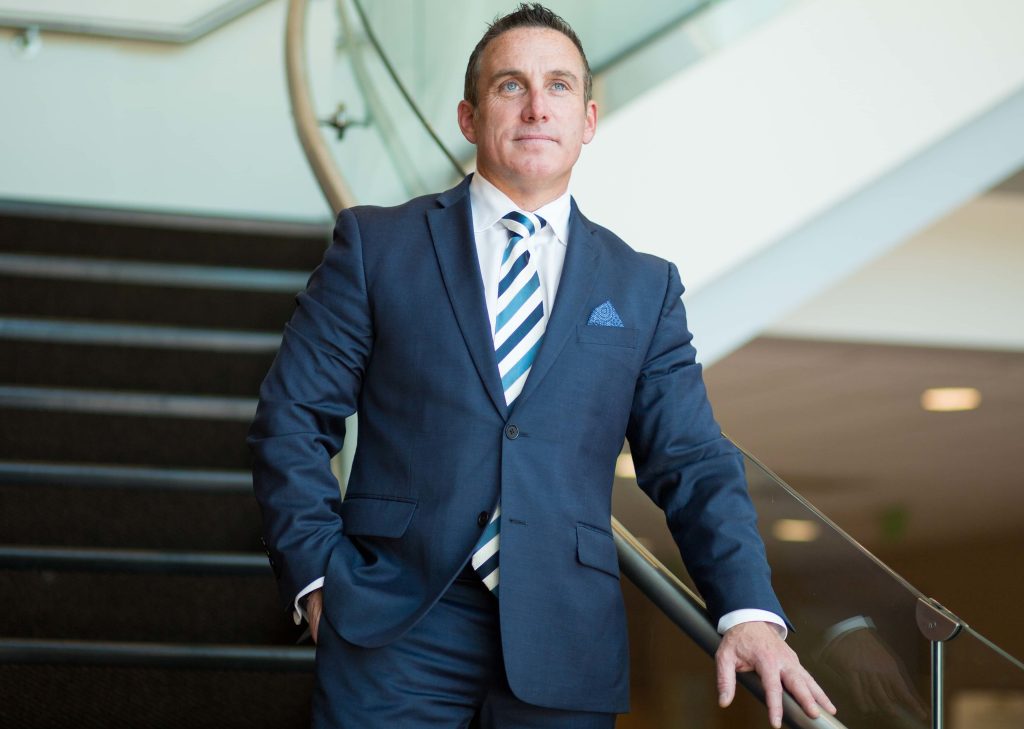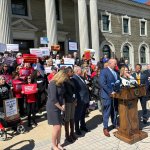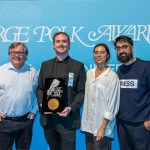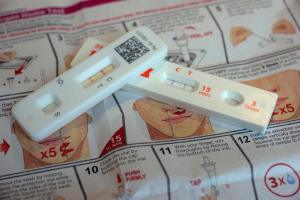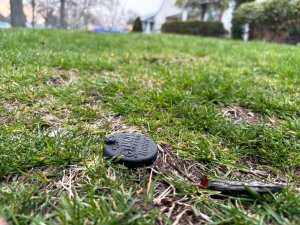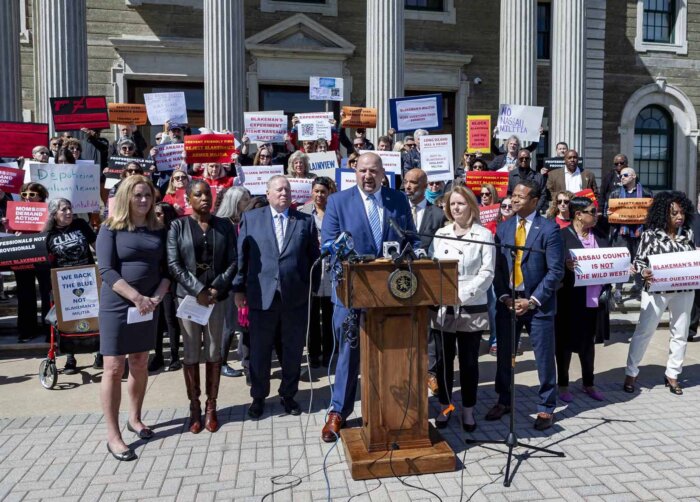As executive vice president and chief medical officer of Catholic Health Services (CHS) of Long Island since 2013 and its executive vice president and chief clinical officer since last year, Dr. Patrick O’Shaughnessy’s areas of expertise include population health management, medical informatics and high reliability science. He’s become a recognized leader in high reliability health care and has published and spoken nationally on patient safety and quality improvement processes in health care. We recently spoke with Dr. O’Shaughnessy to learn about his organization’s patient safety initiatives and get his take on the current opioid epidemic, as well as his love of flying.
Why are high reliability health care, patient safety and quality improvement processes in health care so important to you? We have successfully applied methodologies of high-reliability organizations to better serve patients, raising awareness throughout the system, promoting robust process improvement tools such as Lean and Six Sigma principles and creating a culture of safety with a new campaign, Safety Starts With Me. To promote this philosophy, we created the Daily Patient Safety Principles that stress a culture of safety, the importance of communicating clearly, paying attention to detail and having a questioning attitude along with supporting best practices and guidelines to reduce harm. This is layered with CHS Red Rules, which stress using two-patient identifiers, conducting a time out before invasive or high-risk procedures and a two-provider check before administration of blood, blood products and high-risk medications. Thanks to these initiatives, CHS has been improving patient safety and achieving consistent performance. The result: best practices, high reliability, better outcomes. This equates to safe, high quality care for CHS patients and has realized a 70 percent reduction in hospital-acquired infections.
Can you tell me about your efforts to address the heroin and prescription drug epidemic on Long Island? I have served on the Suffolk County Heroin and Prescription Opiate Task Force that helped frame legislative recommendations. Also, I provided key legislative testimony to Governor Cuomo’s task force on heroin and prescription drug abuse last year. At CHS, I implemented policies that aid emergency department physicians in preventing drug-seeking individuals from obtaining addictive medications. Additionally, CHS has partnered with the Family & Children’s Association (FCA) to assist people with substance abuse issues who are treated in our emergency departments. Known as SHERPA, this free service is provided by FCA and is made up of peer recovery coaches trained to meet with overdose survivors and with their families in emergency departments. The team connects people to treatment, offers peer and family support and provides follow-up.
In addition to being a doctor, you are also a licensed pilot. Is there anything you’ve learned as a pilot that you’ve been able to use in the field of medicine? I have applied the concepts of military and commercial aviation safety best practices to health care systems clinical operations to the benefit of thousands of patients.
What other accomplishments are you especially proud of? I established the CHS annual Pinnacle Awards for Quality & Patient Safety, where clinical teams from all six hospitals and the system’s continuing care division submit projects that advanced quality patient care. Through the Pinnacle Awards, we have introduced CHS staff to a host of experts, such as John J. Nance, author of Why Hospitals Should Fly and more than 20 other books. Another such guest speaker was former NASA astronaut Story Musgrave and Dr. David B. Nash, founding dean of the Jefferson College of Population Health. We are making care safer and recognizing those driving these changes.
What do you like most about your job? The ability to make a difference.
Do you have any sayings? I always say our mantra for our patients should be: “Don’t harm me; heal me; be kind to me.” To positively impact patient quality of care, we launched CHS on a journey to high reliability. CHS may not be the biggest health system, but we will be the best!
What would readers be surprised to learn about you? I’m on TV as the host of CHS Presents: Dr. O: Faithfully Transforming Health Care, which airs on Telecare, now known as the Catholic Faith Network.



